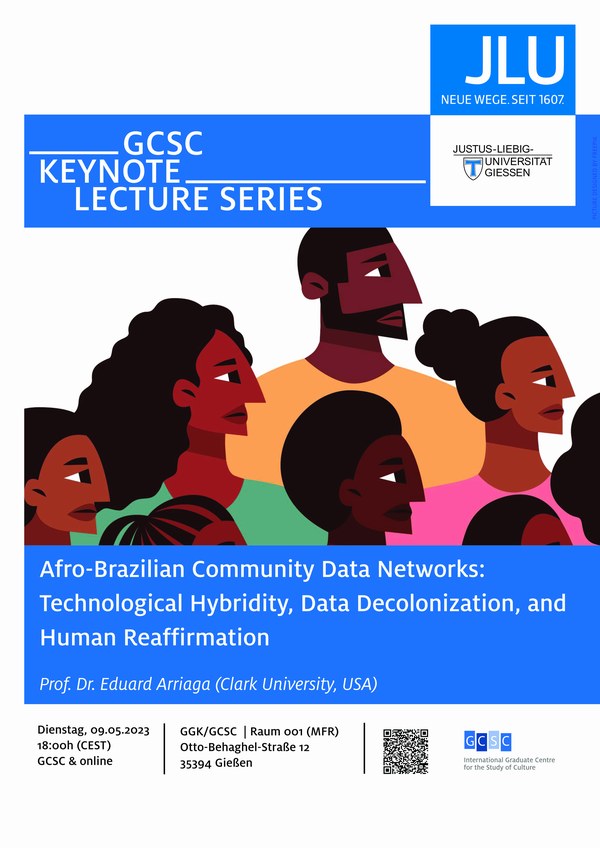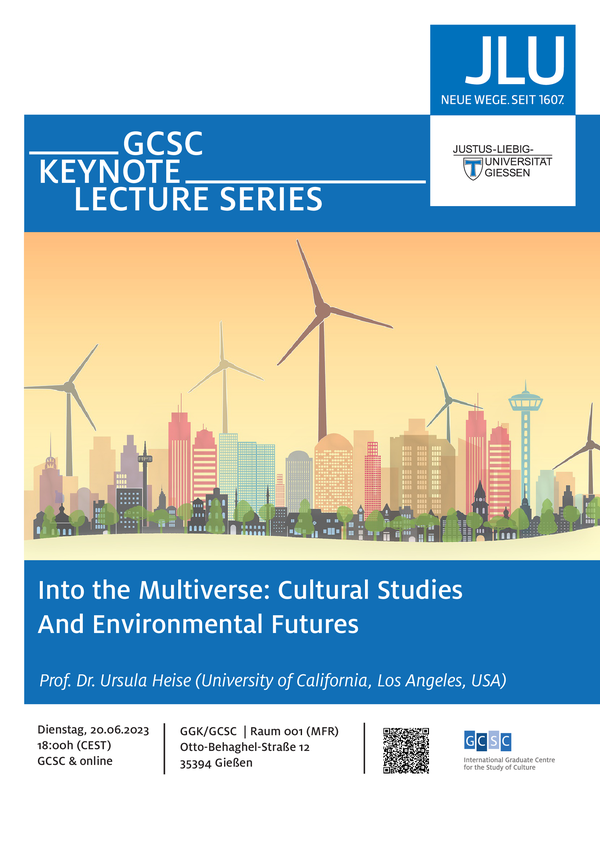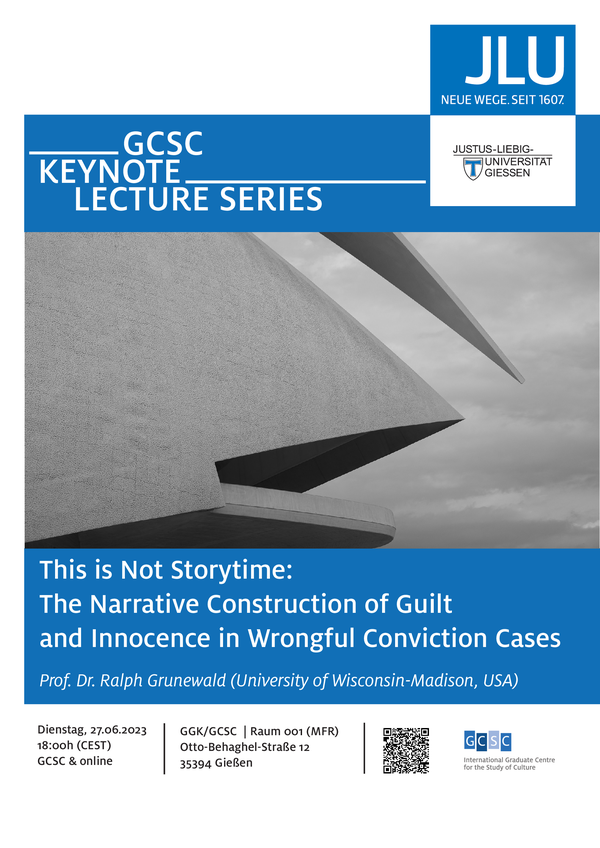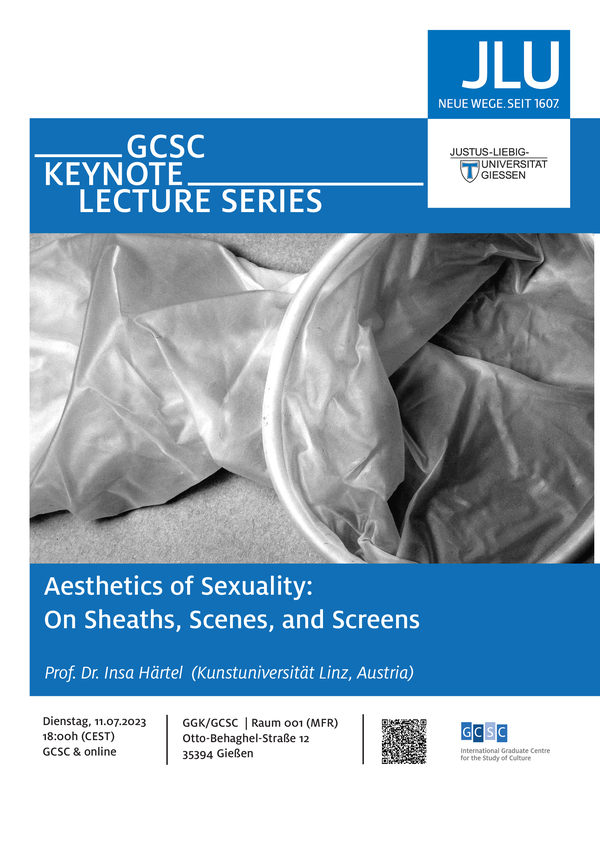SoSe 23
Summer Semester 2023
Prof. Dr. Eduard Arriaga (Clark University)
Afro-Brazilian Community Data Networks: Technological Hybridity, Data Decolonization and Human Reaffirmation
09.05.2023, 18:00-20:00 (CEST), GGK/GCSC (MFR) & Online (BBB)
In this talk, Dr. Eduard Arriaga (Clark University) will present an overview of his research on Afrolatinx digital culture in the Americas, emphasizing how Afro-Brazilian groups and organizations are creating networks of hybrid technologies in search of data and technological decolonization. Dr. Arriaga will show how the studied groups adapt and adopt diverse media, digital tools, and platforms from an Afro-Brazilian Black feminism perspective to challenge data and technological determinism. Likewise, he will discuss the way these groups get connected to local, regional, and global nodes to develop critical pedagogies of the digital from the South. The talk will conclude discussing how Afro-Brazilian Community data networks become an example of hybrid Black communal digital practices that require complex approaches that go beyond the boundaries of fields such as the digital humanities.

Prof. Dr. Cristina Florea (Cornell University)
Crossroads of Empires – Revolutions and Encounters at Europe’s Eastern Frontiers
16.05.2023, 18:00-20:00 (CET), GGK/GCSC (MFR)
Bukovina, a former borderland of the Habsburg empire now divided between Ukraine and Romania, was a place of mutual observation, competition, emulation, and conflict between the different states and governments that laid claim to this territory and its population. Over the course of the nineteenth and twentieth centuries, the province experienced repeated regime changes - many of which occurred seemingly overnight. Bukovina and the Eastern European borderlands, more generally, became a place of unexpected entanglements between modern states and sovereignties. This talk will examine how the shared challenges of governing Bukovina facilitated mutual influences between regimes that otherwise viewed each other as ideological opposites. It will do so by exploring these regimes’ recurring preoccupation with culture, understood as literacy, modernization, and urbanization, as an instrument for total transformation.

Prof. Dr. Ursula Heise (University of California)
Into the Multiverse: Cultural Studies and Environmental Futures
20.06.2023, 18:00-20:00 (CET), GGK/GCSC (MFR)
The multiverse or existence of parallel worlds has come to the fore as a major theme as well as an important narrative strategy in novels and films of the last twenty years. The scale of these parallel worlds ranges from the individual life decisions in the Oscar-winning film Everything Everywhere All At Once (2022) to the ecological transformations in Gibson's novel The Peripheral (2014), social structures and racial inequality in the animated film Spider Man: Into the Spiderverse (2018) and Micaiah Johnson's The Space between Worlds (2020), all the way to different evolutionary trajectories in M.R. Carey's Infinity Gate (2020). Narratives such as these reflect, on the surface, on socioeconomic disparities and culture clashes, but they also engage with a deeper sense of epochal change, environmental crisis, and pervasive uncertainty that prevents not only confident forecasting of the future but also cognitive mapping of the present. This presentation will argue that the meme of split and parallel worlds has also affected cultural studies, which has increasingly fractured into tenuously connected epistemic ventures since the turn of the millennium. The paradigm of justice (social, economic, and environmental) has provided a new connective tissue over the last five years, but is itself subject to cultural divergence. The lecture will explore to what extent the cultural studies of the future need connecting paradigms and to what extent the multiverse might prove a productive metaphor for research on cultures.

Prof. Dr. Ralph Grunewald (University of Wisconsin-Madison)
This is Not Storytime: The Narrative Construction of Guilt and Innocence in Wrongful Conviction Cases
27.06.2023, 18:00-20:00 (CET), GGK/GCSC (MFR)
Wrongful convictions—cases in which an innocent person is convicted of a crime they did not commit—have been studied primarily through the lenses of law, psychology, and the social sciences. Despite a large body of scholarship, a very simple question has not been answered: How is it possible that prosecutors can convince juries and themselves of the guilt of an innocent defendant, often even against strong exculpatory evidence? In his book, “Narratives of Guilt and Innocence” (NYU Press 2023) Ralph Grunewald addresses this crucial question by analyzing the power of narrative and how it influences the construction of legal reality and the evidence for it. Wrongful convictions exemplify the uncomfortable relationship between narrative and truth in law, and they also provide insights into how differently legal cultures narrate truth in law. Grunewald will discuss the effects of different cultural narrative blueprints (the American and German) and how our narrative desire as a human trait has a universal power with a persistence that transcends the regulatory and procedural setup of a given system.

Prof. Dr. Insa Härtel (IPU Berlin)
Aesthetics of the Sexual: On Sheaths, Scenes, and Screens
11.07.2023, 18:00-20:00 (CET), GGK/GCSC (MFR)
He brings a condom into play, she – mocking him – blows it up like a balloon. This sequence from "Looking for Mr. Goodbar" (USA 1977) is quoted in the film "Test" (USA 2013), set in the gay 1980s San Francisco modern dance milieu. Based on the composition of such scenes and going beyond the actual use of the condom, this lecture deals with interlayers and screens, the performance character of sexuality and the aesthetic constitution of the latter.


